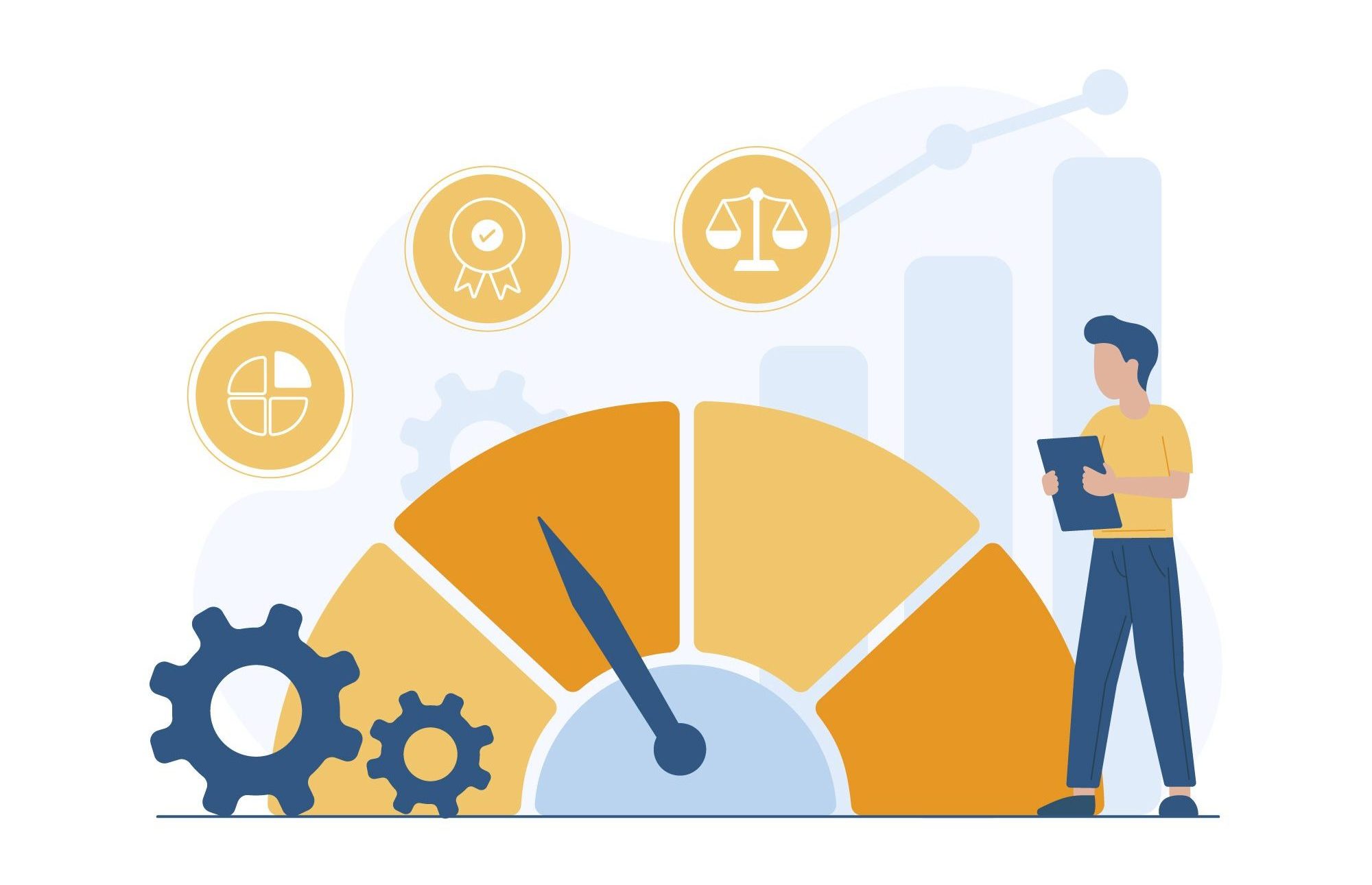What EVERY college-bound tee should do this summer!
- Posted by admin
- on
- in College Pete

As both a parent and an educator, I’ve seen first hand how the allure of rapid consumption digital media can interfere with a student’s ability to digest, evaluate and utilize information. Frankly I’ve seen how it can interfere with my ability to consume and utilize information.
That’s not to say that I’m not a proponent of digital literacy – I am. Like you, I use digital tools to manage my business and my life. I’m just concerned about how our kids’ over-reliance on quick-hit, multimedia learning has created some real and concerning unintended consequences: shrinking attention spans, less ability to focus on close reading tasks (like reading contracts, for example), and a reduced ability to absorb in depth learning materials (like, for example, anatomy). These are consequences that impact more than just performance in the classroom or on a close reading standardized test (like the ACT for example); they can have more far-reaching life consequences, regardless of where or whether you go to college or what you ultimately do in life.
A long attention span, the ability to retain and recall detailed information, an endurance for reading and absorbing complex materials are critical and necessary life skills. Building these critical skills can create a competitive advantage in school, and in life. Full stop.
The good news: there’s a well studied, proven, inexpensive (like, free) and dare I say – fun – way to do so at our finger tips. Reading whole books! Yup, just like cardio-vascular exercise can improve peak oxygen use and fitness endurance, reading whole books has been proven to increase your in-depth learning ability and mental endurance.
Thus, over the past few years I’ve re-committed myself to reading actual books, and I’ve tried to instill that same mindset into my students. And I’ve seen real improvement, both in terms of my work as a counselor as well as with my students and their own personal expression.
Those who work with me are frequently hearing me ask the question, “What are you reading right now?” I can clearly see the link between the students who frequently read and their success with the college application experience. I define that success by their ability to produce a great application, earn a stronger SAT/ACT score, prepare a well-written, descriptive and entertaining essay, receive multiple admissions offers from some of their top choice universities, and ultimately perform well once on campus!
I want my students to develop an appetite for reading for many reasons; and yes, some of them have to do with college admissions (a proven link between reading and improved standardized test scores, the ability to craft a well-written, compelling narrative, conduct a conversation with an adult/admissions representative, facilitate independent performance in rigorous courses, etc.).
But…there’s more. To me, books, even those that don’t contain pointedly relevant material, are the impetus for ideas, can spark creativity, and improve articulation. Even the most obscure graphic novel can offer overt instructions for overcoming life’s obstacles. Finally, while harder to quantify, but certainly an additional benefit from reading, is a student’s confidence in their ability to be expressive, not only in writing but also with the spoken word. And I believe that students who read more are also more confident because of their ability to be more expressive.
With summer approaching, what better time to set a goal to start reading. Many students are required by their school to read a book or two over the summer…I challenge students to double that goal at a minimum. Summer almost always includes moments of “down time”. There is no better way to fill that down time than with an inspiring book – certainly better than video games or TikTok. Nothing (well, almost nothing) against those two time sucks, but at some point I suggest putting that away and picking up a book.
And so, I’ve decided to share my own Summer Reading List for College-Bound Teens. I must confess that, before doing so I went online to search for similar lists (see, digital learning has its place), and there are certainly plenty out there. I don’t claim that my list is any better or more comprehensive than the others. Many of the titles listed here are books that I’ve read over the past few years; some were actually recommended to me by my students (which I’ve then read); while others are books I read years ago. All are books that, for one reason or another, moved me, inspired me, or at the very least were highly entertaining. I’ve included both fiction and nonfiction titles so that there is something for everyone.
If you have a book suggestion for me, or if you think I should include a title on my Summer Reading List, then PLEASE send me your suggestions! I’d love to hear from you. After all, part of the fun in all of this is sharing book recommendations. If you are wondering where to start, or if you walk into a bookstore and feel overwhelmed by the thousands of options, maybe this list will serve as a good shortcut.
Happy reading!



